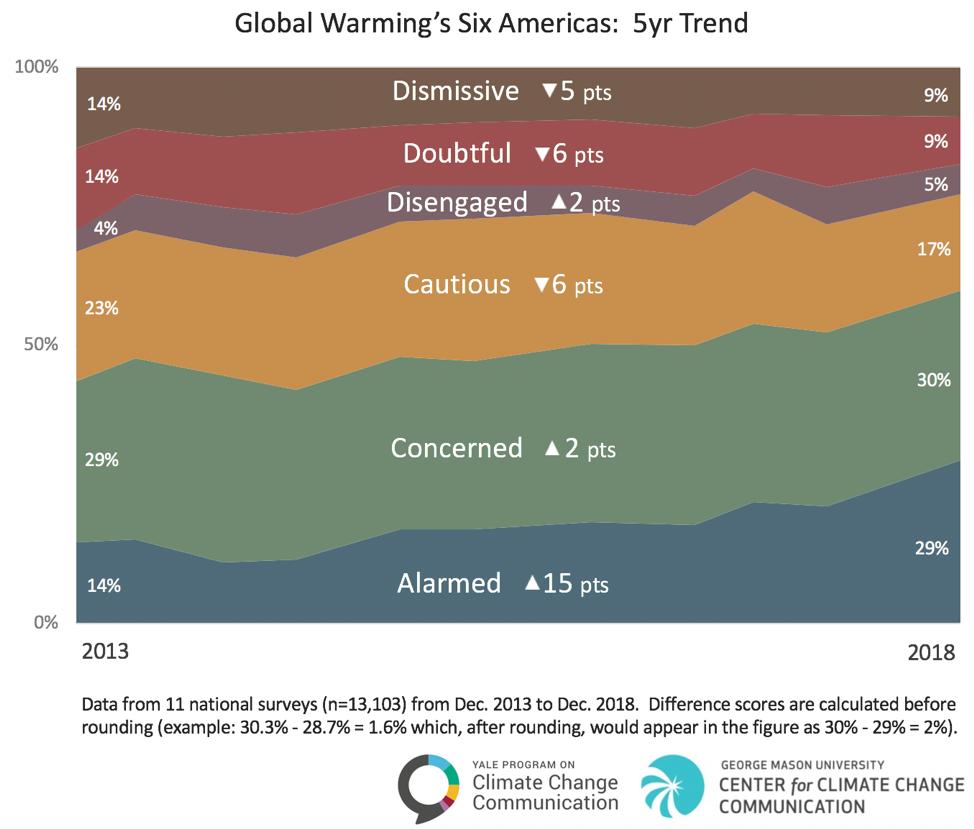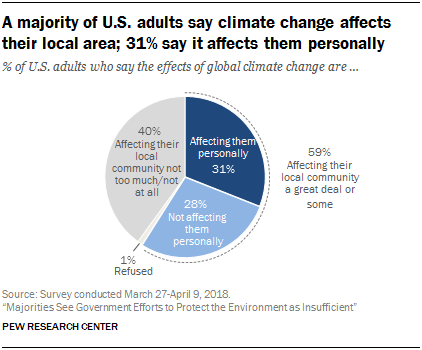I interpret standing tall as holding your head up and meeting oncoming challenges rather than burying it in a pile of sand to avoid reality (see the October 16, 2018 post on ostrich myths and the American government’s deliberate obtuseness on certain matters).
Last week’s blog focused on the “Green New Deal” and whether or not it’s viable. The proposed resolution for the new House of Representatives enumerates strategies for dealing with climate change. One of the matters Rep. Alexandria Ocasio-Cortez, D-N.Y, included in her proposed resolution was the stress that environmental refugees will impose on the United States. I added in another relevant source:
Since the resolution also directly addresses climate refugees in this ‘Whereas” and security threats to the US in subsequent ones, the authors could have also included the recent report by the US intelligence agencies (see May 23, 2017 blog)
Recently, Chuck Todd made the following pronouncement on his program, Meet the Press:
“Just as important as what we are going to do this hour is what we’re not going to do. We’re not going to debate climate change, the existence of it. The Earth is getting hotter, and human activity is a major cause. Period. We’re not going to give time to climate deniers. The science is settled, even if political opinion is not.”
A few days later, The New York Times reported that the White House has taken the opposite view:
White House Climate Panel to Include a Climate Denialist
The Pentagon and federal intelligence agencies have said that climate change is a threat. Now, the White House is planning a panel to study whether that is true.
WASHINGTON — President Trump is preparing to establish a panel to examine whether climate change affects national security, despite existing reports from his own government showing that global warming is a growing threat.
The article informs us that one of the last remaining climate change deniers resides in the White House, and is about to impact official reports—ones that fortunately, up to now, had remained disconnected from politics. In related news, on the same day, the media cited sources who claimed that Dan Coats, the Director of National Intelligence, is about to be fired. The reasons given did not include the recent intelligence report that I mentioned above but rather his public statements about US interactions with North Korea. That said, nobody that I know has any doubts about what this will mean for future reports on the topic. The intelligence reports are published every four years (see May 23, 2017 blog) so the next one will come out after the coming presidential election. We will see how that will play out.
To stand tall, we have to believe our own data and act on them—not give deniers the opportunity to “objectively” refute scientific evidence. Nor is this trend of denying data restricted to the federal level. The October 16, 2018 blog, which I mentioned above in connection to ostriches, lists a few cases on the state level—including Arizona, North Carolina and Florida—that actively oppose the use of scientific findings about climate change and its impacts to create legislation that would affect essential economic activities.
It is within Congress’s power to ban such practices. A legislation directed at mitigation or adaptation to climate change has a chance to pass both houses of Congress – provided that it maintains a narrow purview. Republicans who already believe in climate change would have the chance to jump on the bandwagon—and possibly reap political rewards. Many Republican senators are facing tough elections in 2020 and public opinion now favors standing tall with regards to both acceptance of and action against climate change. As you can see in Figure 1, about 60% of Americans are either alarmed or concerned; any politician that runs against this trend might face electoral consequences.
 Figure 1 – American attitudes toward climate change
Figure 1 – American attitudes toward climate change
These attitudes are starting to extend to awareness of local and personal impacts in addition to the wider acceptance of those on a national and global scale. Based on a recent Pew survey, this trend should have major electoral consequences:
 Figure 2 – % of US adults who see local impacts of climate change
Figure 2 – % of US adults who see local impacts of climate change
Effective legislative action doesn’t have to be revolutionary. In next week’s blog, I will try to show that expanding and enforcing requirements for Environmental Impact Statements (EIS) to specifically incorporate climate change impacts could do the trick.

I still feel like no matter what is said there will always be someone out there with a “but” or a contradiction to statistics and the scientific proofs that are out there and are still being provided to the general public. I’ve read a comment that said that it’s not just one country’s job to change things and I totally agree. Nothing can be done unless everyone stands together to change things, especially leading countries that have a lot more power and a bigger platform.
In the last presidential debate I believe it was, Joe Biden received a ton of criticism and backlash for phrasing an idea badly in saying he would essentially do away with the oil industry, or at least that was what his critics took it as, I dont remember what his exact verbage was. Either way, nobody should believe that even if he wanted to, a president could just flip a switch and shut down the oil industry. Biden has said he wouldnt ban fracking, but has absolutely been a proponent of plans to transition American energy consumption from fossil-fuel sources to more sustainable sources like wind, solar, etc. Hopefully the Biden administration, assuming his victory is announced soon, will appoint someone to run the EPA that actually believes climate change is a real issue that deserves our funds and attention.
I hate that I’ve echoed the same sentiment in each comment of mine, but it is just my honest feeling. The material presented here is yet again, deeply depressing. I should expect nothing else though, as the reality is deeply depressing. I am hopeful with pushes like the Green New Deal at least. I can only hope that the future of the United States, post-Trump, looks something like a country with an active, progressive, and strong leading role in global climate negotiations. I don’t think any progress can be made unless the leading and rising powers can all agree on equivalent limitations, and I hope the US can use its current place of being an established power to lead any efforts to introduce and implement fair limitations.
It is not one country’s job to take care of climate change, president trump announced to leave the Paris agreement I think this is a wrong move country should stick together and make the earth a better place for all. America should be leading other small countries to start reducing carbon emission and that will let the world know America is great.
Great post, thank you for sharing! 🙂
Thank you for your nice post. Keep it up.